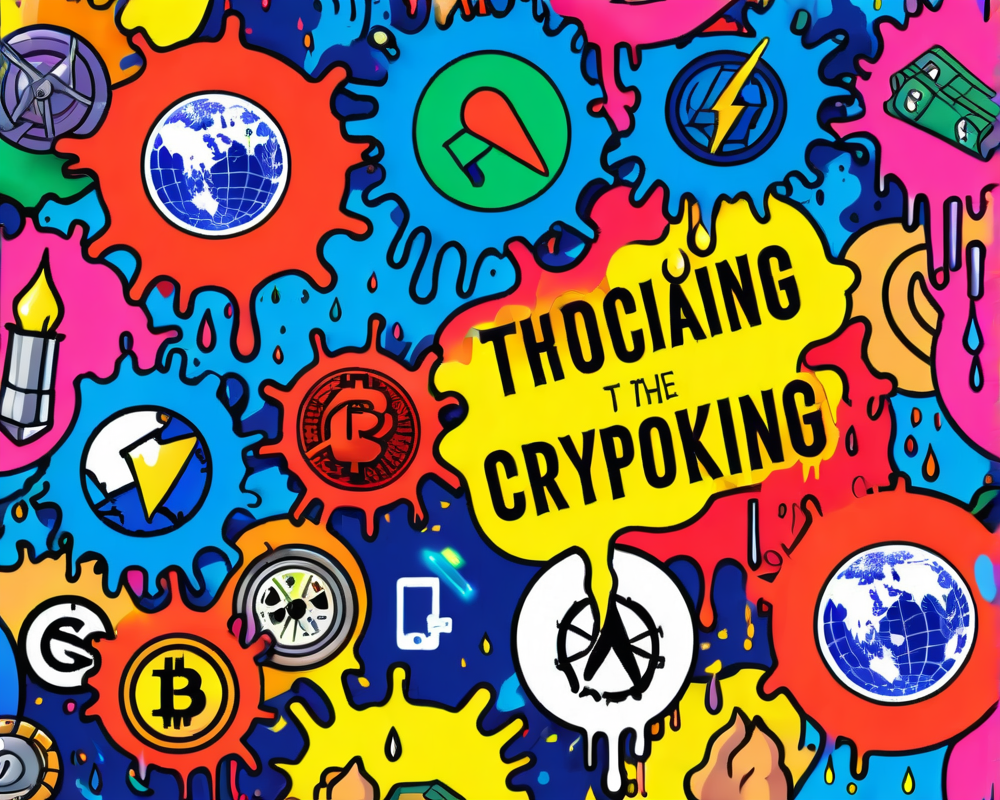Understanding Cryptojacking and Its Evolution
Cryptojacking, believe it or not, isn’t just a new trend signifying your computer’s uninvited guest at a party. It has a fascinating history that begins with the advent of cryptocurrencies and has morphed into what we now see as browser-based mining. Initially, heavy-duty equipment like ASIC chips dominated the mining game, leaving modest users like you and me in the dust. However, times have changed, and the emergence of ASIC-resistant cryptocurrencies has breathed new life into browser-based mining.
The Rise and Fall (and Rise Again) of Coinhive
Coinhive, a JavaScript miner specifically designed for Monero, made its debut in 2017, and boy, did it stir the pot! The twist? It didn’t prioritize user consent, leading many websites to adopt it without their visitors even knowing. Coinhive’s cozy relationship with shady practices led it to be blacklisted by malware directories. A report from Concordia University sheds light on this tale, revealing that more than 30,000 websites are still using Coinhive scripts today. That’s right—92% of all JavaScript mining scripts are running on sites that may or may not have your consent!
Ethics or Exploitation? The Great Debate
The researchers wrestle with a pressing question: Is cryptojacking an attack or just a modern business opportunity? It seems like a stretch to call it a gold rush when the miners are, quite literally, the unsuspecting users. The report describes instances of “invisible abuse,” dubbing instances where webmasters use mining scripts without consent as sneaky—and frankly, a bit shady. This brings to mind a recent debacle involving Showtime, which faced backlash for running Coinhive on its sites without a heads-up to its visitors.
User Consent: The Dangers of Fine Print
Ah, the illusion of choice! Although Coinhive later introduced Authedmine—a service that promises to ask for user consent before mining—this is where things start to become murky. Consent doesn’t guarantee users are fully informed about what they’re signing up for. Sure, they may get to enjoy an ad-free experience, but at what cost? Those seeking higher video quality unknowingly risk higher energy bills and deteriorating device health. It’s like being offered a cookie only to discover it’s got a side of guilt.
The Dark Side of Telecom Egypt
In a recent scandal, Coinhive found itself tangled in Telecom Egypt’s web of secrets. Reports suggest Telecom Egypt was manipulating user traffic to sneakily direct them to sites laden with dodgy mining scripts. This revelation raises a significant question: How many times can we give companies the benefit of the doubt when their actions may take money right out of our pockets and degrade our devices?



